“Fiat talks winding down”
Kragujevac Deputy Mayor Nebojša Zdravković says that talks between Zastava and Fiat have entered their final phase.
Monday, 18.08.2008.
12:05

Kragujevac Deputy Mayor Nebojsa Zdravkovic says that talks between Zastava and Fiat have entered their final phase. Zdravkovic, a member of the working group for the negotiations, told B92 that some technical details still needed to be confirmed, adding that the signing of the agreement with the Italian company was expected in September, with senior officials from Italy and Serbia expected to attend the ceremony. “Fiat talks winding down” He said that the city would become “the center of the automotive industry in this part of the Balkans and in South-East Europe,” adding that the agreement would be 200 pages in length, and that it would precisely state all the details related to the infrastructure and investments by the state and Fiat. The construction of a new energy and gas network is needed, and Fiat wants to build a state-of-the-art factory in Kragujevac with a production capacity of 300,000 vehicles a year, the deputy mayor said. Zdravkovic believes that the Stabilization and Association Agreement (SAA) with the EU needs to be ratified as soon as possible by parliament in order to gain access to EU pre-accession funds to finance projects, adding that he expected the agreement to be ratified in September. “The total investment has risen from the initial EUR 700mn to EUR 1.1bn, of which the state will finance EUR 300mn,” he explained. Among the plans, the deputy mayor cited completion of the Kragujevac-Batocina section of highway and its connection to Corridor 10, construction of a northern bypass, reconstruction of the Kragujevac-Lapovo railway line, along with other projects within the factory complex, including the construction of a sub-station. By the end of 2009, Fiat plans to acquire the capacities to release 200,000 models of a new A class model on an annual basis, and in the following year, 100,000 models a year of a B class model, Zdravkovic said. He said that production of domestic Yugo and Florida cars would be discontinued by the end of this year at the latest, probably by October, because “the machines need to be replaced,” but that production of the Zastava 10 would continue as it was selling very well. “The state will own 30 percent of the company and Fiat 70 percent,” Zdravkovic reiterated.
“Fiat talks winding down”
He said that the city would become “the center of the automotive industry in this part of the Balkans and in South-East Europe,” adding that the agreement would be 200 pages in length, and that it would precisely state all the details related to the infrastructure and investments by the state and Fiat.The construction of a new energy and gas network is needed, and Fiat wants to build a state-of-the-art factory in Kragujevac with a production capacity of 300,000 vehicles a year, the deputy mayor said.
Zdravković believes that the Stabilization and Association Agreement (SAA) with the EU needs to be ratified as soon as possible by parliament in order to gain access to EU pre-accession funds to finance projects, adding that he expected the agreement to be ratified in September.
“The total investment has risen from the initial EUR 700mn to EUR 1.1bn, of which the state will finance EUR 300mn,” he explained.
Among the plans, the deputy mayor cited completion of the Kragujevac-Batočina section of highway and its connection to Corridor 10, construction of a northern bypass, reconstruction of the Kragujevac-Lapovo railway line, along with other projects within the factory complex, including the construction of a sub-station.
By the end of 2009, Fiat plans to acquire the capacities to release 200,000 models of a new A class model on an annual basis, and in the following year, 100,000 models a year of a B class model, Zdravković said.
He said that production of domestic Yugo and Florida cars would be discontinued by the end of this year at the latest, probably by October, because “the machines need to be replaced,” but that production of the Zastava 10 would continue as it was selling very well.
“The state will own 30 percent of the company and Fiat 70 percent,” Zdravković reiterated.










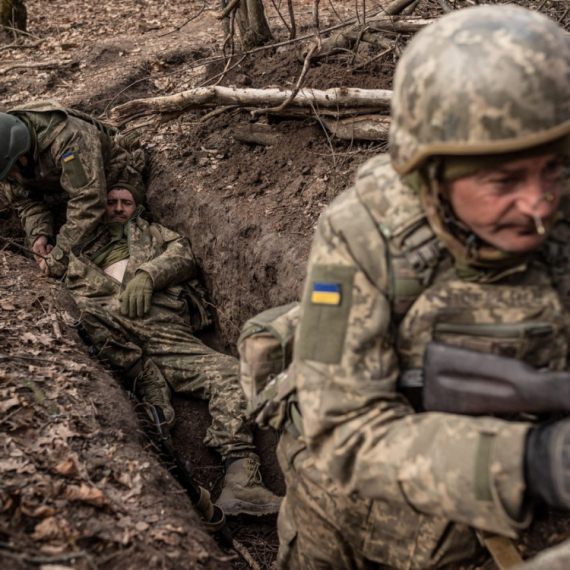








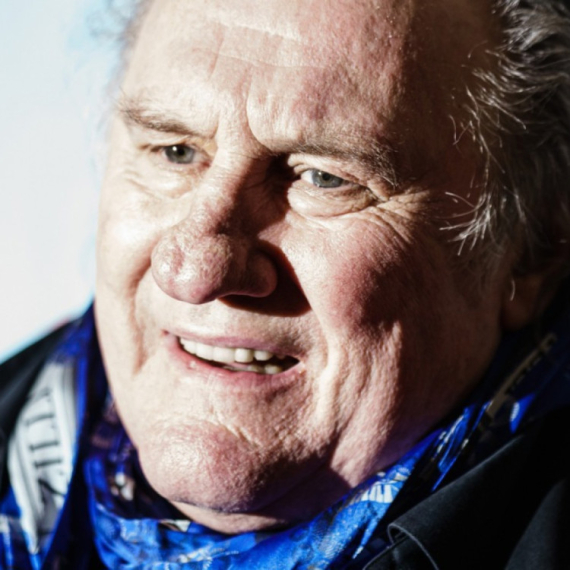



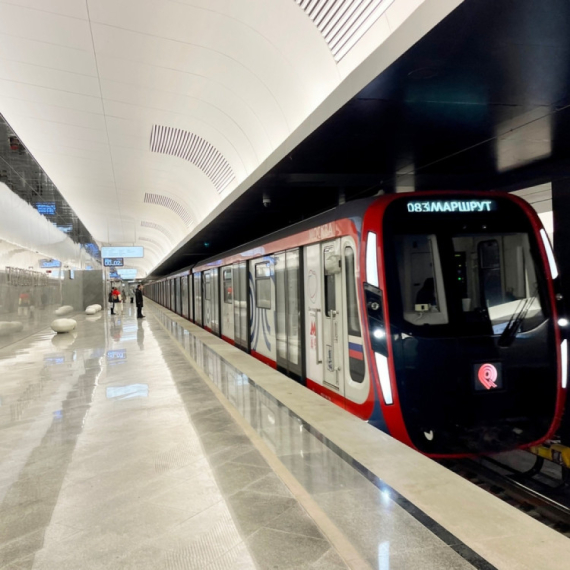


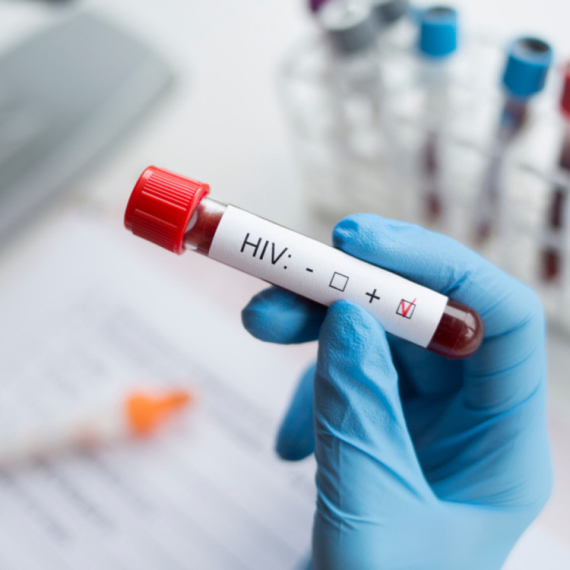











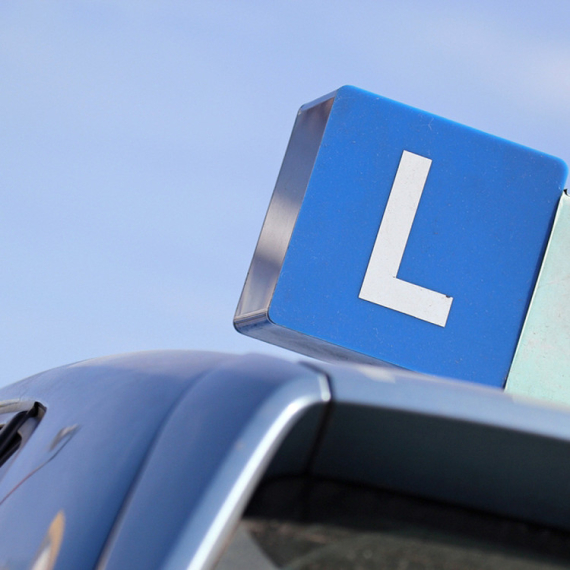
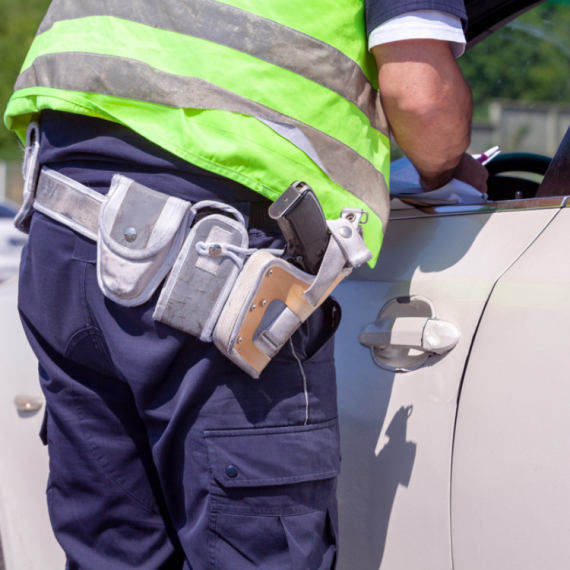


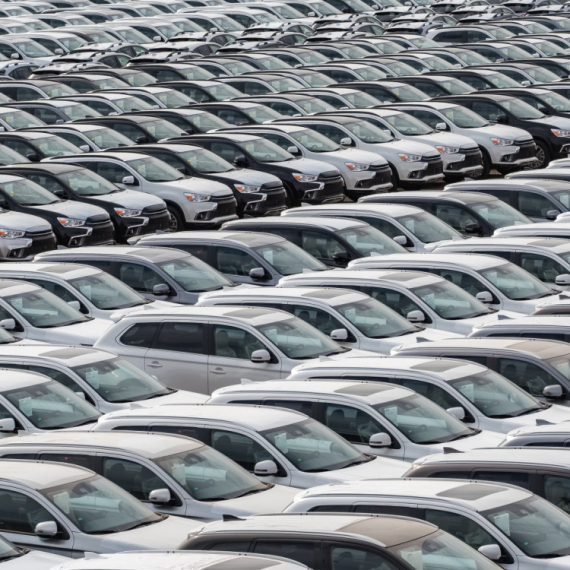
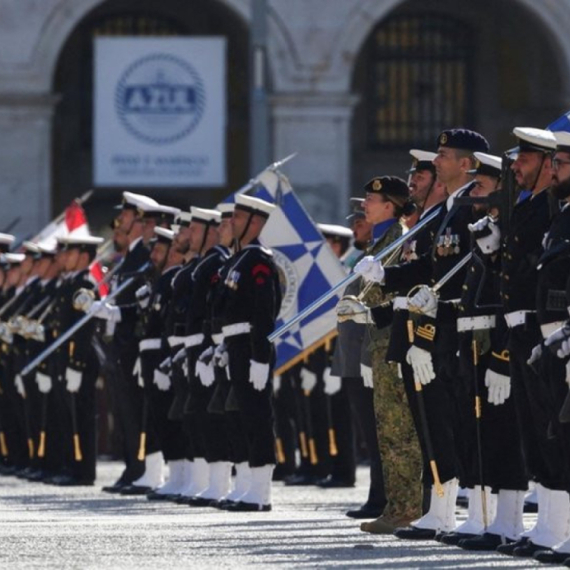
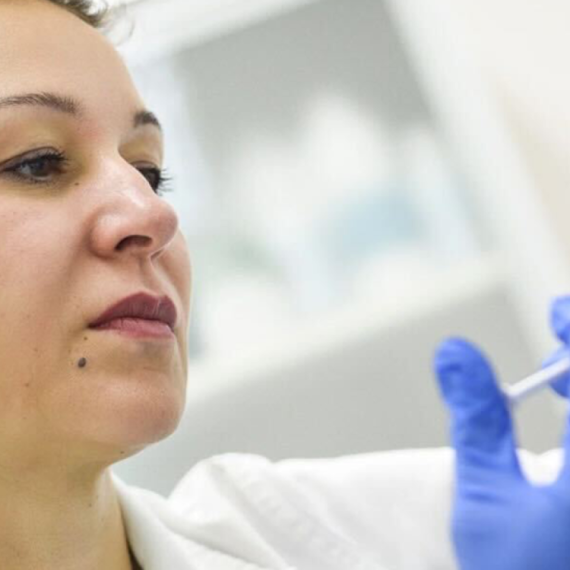
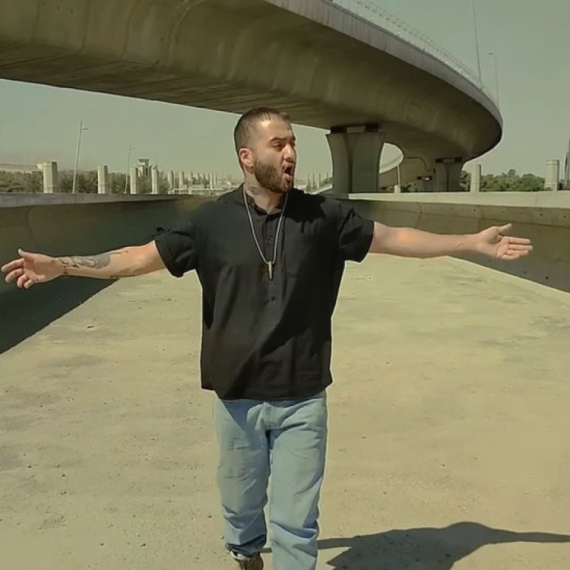



Komentari 0